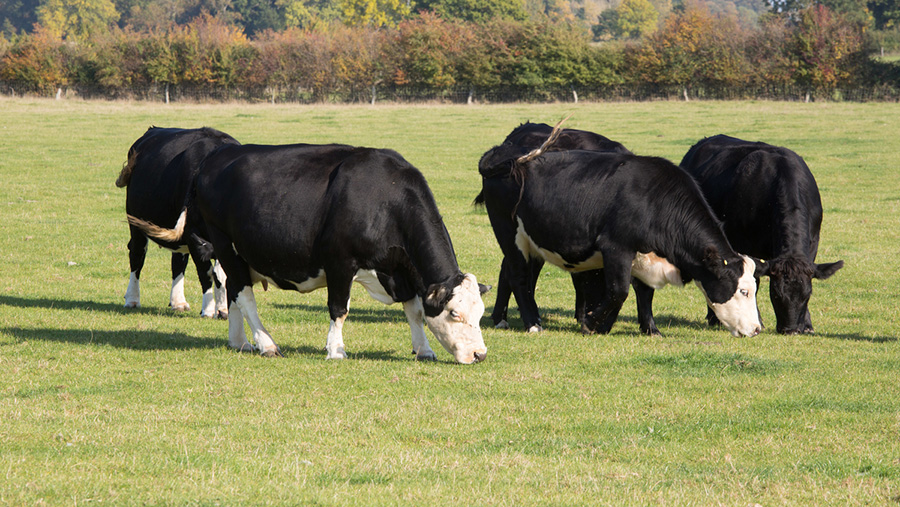‘Red tape and lack of co-ordination scuppering livestock sector’
 @ Tim Scrivener
@ Tim Scrivener Regulatory ‘red tape’ and gaps in co-ordination and communication between stakeholders are among the obstacles limiting improvements in livestock health, welfare and productivity, an industry workshop concluded.
About 30 livestock sector stakeholders, including pig, sheep and dairy farmers, vets, academics and government agency officials, met in London on Wednesday (13 January) to discuss the development and application of an “integrated approach to health, welfare and productivity”.
The workshop, funded by the Wellcome Trust, was overseen by researchers from King’s College London, Hull University, Glasgow University, Newcastle University, Leeds Trinity University and Newcastle University, who sought to pinpoint what needs to be done to achieve this.
See also: Scots set up body to cut farming red tape
“One purpose of this workshop was to bring together individuals with common interests in improving the health of farming as a whole, to consider how integrated approaches cutting across academic disciplines can improve our understanding of them,” Rowland Kao from Glasgow University told Farmers Weekly.
Ahead of a series of tasks, participants were told that such improvements are essential to meet projected consumer demand for animal proteins.
They also heard that current difficulties largely arise as expertise in health, welfare and productivity is “too compartmentalised”.
Obstacles
Participants were asked to pinpoint the key obstacles that prevented the industry responding to problems of health, welfare and productivity.
Among those identified were:
- Too much red tape
- Labour constraints
- Unbalanced perspectives in policymaking – there should be a more interdisciplinary approach to policymaking
- Cultural barriers to collaborative work in the industry
- Short-termism – a lack of long-term strategy in the industry
- Low morale – a lack of status and aspiration.
- Lack of data and performance measurement
- Lack of data collation and analysis – participants concluded there is a lot of data out there, but a lack of clarity about what to do with it.
Overall, it shows there are “gaps in coordination and communication,” concluded one group.
Stakeholders said the challenge is how to address these obstacles all together at the same time or where emphasis should be placed.
See also: 12 government plans to boost farming and rural productivity
Mr Kao concluded: “In my view, one of the most significant obstacles to achieving improved resilience of the farming industry, including health welfare and productivity of the animal, farm and industry levels, is an adequate balancing of costs and benefits associated with food security.
“These cost and benefits must encompass not just financial considerations but social, cultural and ecological as well.
“It must consider both the farmers themselves and other important stakeholders in the system,” he added.
The workshop’s findings will be refined at a second, smaller workshop in Leeds in April, and a short article for publication in an academic journal is planned.
